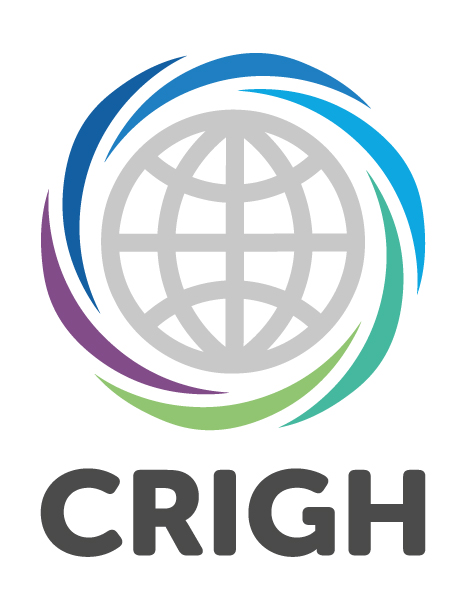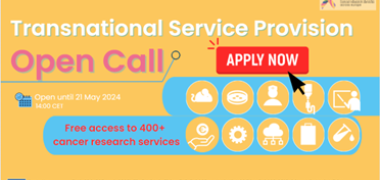The 3rd CRIGH General Assembly
The General Assembly of the Clinical Research Initiative for Global Health Consortium (CRIGH) went virtual for its 3rd edition.
The CRIGH Consortium was launched in October 2016, as a follow-up to a prior initiative of the OECD Global Science Forum, to establish a global framework to accelerate international cooperation in non-commercial clinical trials and to promote evidence-based medicine. To date, CRIGH brings together more than 40 international stakeholders across the clinical research value chain on five continents.
The COVID-19 crisis has b rutally revealed the need to develop and streamline international collaborative mechanisms for funding and implementing independent multinational clinical trials, the collection, sharing and access to data and adapted ethics and regulatory frameworks.
rutally revealed the need to develop and streamline international collaborative mechanisms for funding and implementing independent multinational clinical trials, the collection, sharing and access to data and adapted ethics and regulatory frameworks.
The Third CRIGH GA brought global health stakeholders and experts together with the leaders of CRIGH activities covering: infrastructure and funding, core competencies, research ethics, comparative effectiveness research and social-economic impact as well as clinical trial data management and sharing. The objectives of the GA were to underscore the role of CRIGH as a key partner for the co-development of independent clinical trials and to provide recommendations for global health actors and stakeholders to support independent, timely and equitable clinical trial implementation and access.
Dr. Soumya Swaminathan, WHO Chief Scientist, opened the meeting with feedback from the WHO Solidarity Initiative. Dr Swaminathan highlighted the importance of implementing international clinical trials and sharing tools and resources across borders in order to efficiently advance scientific research during a pandemic. Dr Yoshiaki Yamagishi, Osaka University, presented the Japanese strategic approach to COVID-19 focusing initially on diagnostics and observational studies. Dr Edward Trimble, NCI Center for Global Health, shared the experience of the cervical cancer initiative, the key role of public-private partnership and the added value of developing a master protocol for multiple comparisons to optimize single-dose HPV vaccine prophylaxis.
The next steps for CRIGH, including the submission of a resolution to WHA74 in 2021 on “Integration and collaboration in the development of research guidelines to improve population health”, were presented by Dr. Øyvind Melien, Norwegian Institute of Public Health and Oslo University Hospital, and chairperson of the CRIGH Board. Dr. Dmitry Meshkov, V. A. Trapeznilov Institute of Control Sciences of the Russian Academy of Sciences, presented the recent adhesion of the Commonwealth of Independent States to CRIGH. He showcased how they can, at the regional level, contribute to strengthening international global health initiatives by closer collaborations with CRIGH and the WHO, promoting clinical research to better inform public health policies.
Updates on the CRIGH activities, the core drivers of the Consortium, were presented by each activity leader highlighting the achievements of the last year and perspectives to contribute to bridging the gaps and responding to global health systems’ urgent needs as revealed by the current COVID-19 pandemic. Dr. Jacques Demotes, ECRIN, closed the meeting by calling for better harmonization and risk-based clinical trial regulation by bodies such as the WHO and the OECD as well as more effective instruments to coordinate and fund multinational clinical research. He highlighted the key role that could be played therein by entities such as the CRIGH Consortium and ECRIN by facilitating and streamlining multinational clinical trials’ operations.
The hope is that all CRIGH members and observers may be able to meet in person in Mozambique next year for the 4th General Assembly as announced by Prof. Charles Wysonge, back-to-back with the 10th EDCTP Forum.
For more information on the activities of CRIGH : https://crigh.org/activities





